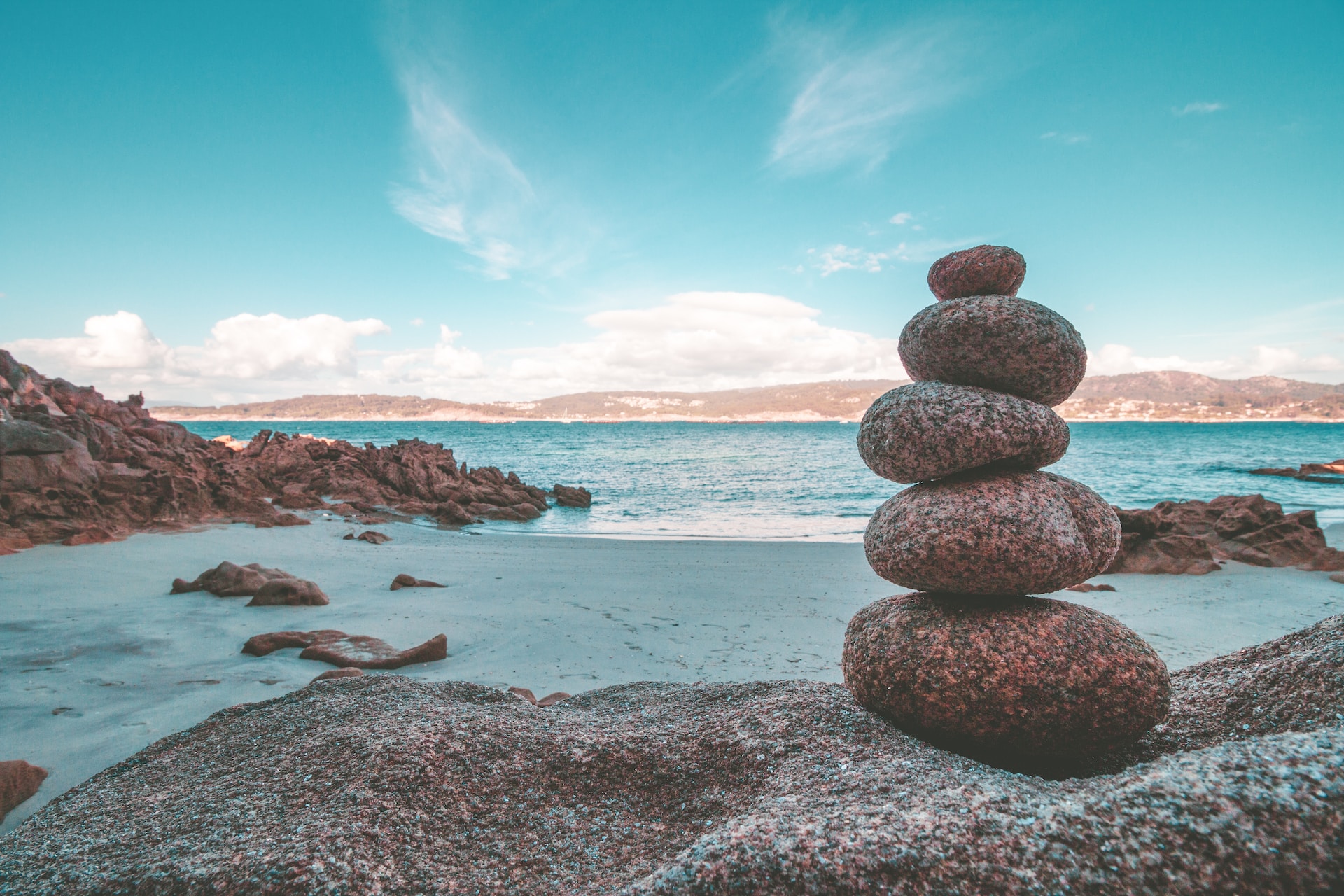Mindfulness is a practice that offers a valuable way to embrace the present moment, encouraging awareness into your daily life. It has many benefits, including reducing stress levels. Given the demanding nature of seafaring work, the benefits of mindfulness can go a long way. In this article, we cover why and how to kickstart your mindfulness journey onboard.

How Mindfulness Works
Mindfulness involves being fully present and engaged in your current activity, free from distractions and judgments. The key is to be aware of your thoughts and feelings without dwelling on them. This practice not only transforms mindset and perspective – it’s great for rewiring your brain!
Why Mindfulness Is Good For You
Engaging in meditation allows you to transition from high-frequency brain waves to lower frequencies. This potentially helps you to reduce emotions like fear, stress, and anxiety. As well as this, meditation can establish new neural pathways in the brain associated with qualities such as focus and decision-making. Perfect for your fast-paced crew work!
Mindfulness helps with:
- emotional regulation
- planning
- problem-solving
- enhancing learning and memory
- diminishing the size of the amygdala – which governs stress, fear, and anxiety
These findings underscore the tangible benefits of mindfulness meditation. Individuals who make it a habit often report heightened levels of happiness, patience, acceptance, and compassion. Conversely, stress, frustration, and sadness tend to decrease.
To keep up to date with the latest Superyacht Content News, click here.
Sign up to our Newsletter below:








.gif)


.gif)







